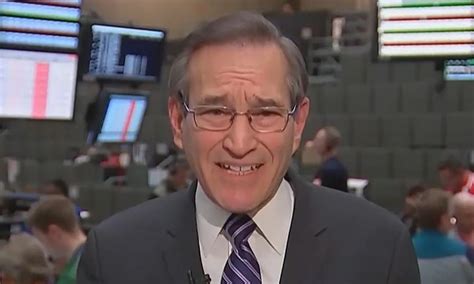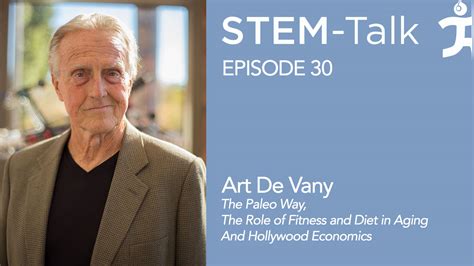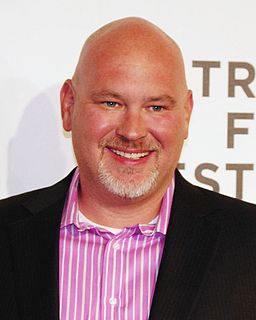A Quote by Rick Santelli
I believe there's only one regulation in life that works: failure.
Related Quotes
It's clear that there has to be some play between the vitality of invention in economic life and some regulation of it, and in some ways the great ideological wars of the 20th century that cost so many lives had to do with whether to have managed economies directed by government or economies directed by the free movement of capital, which is only partially subject to government regulation.
I believe that God is making all things new. I believe that Christ overcame death and that pattern is apparent all through life and history: life from death, water from a stone, redemption from failure, connection from alienation. I believe that suffering is part of the narrative, and that nothing really good gets built when everything's easy.

































